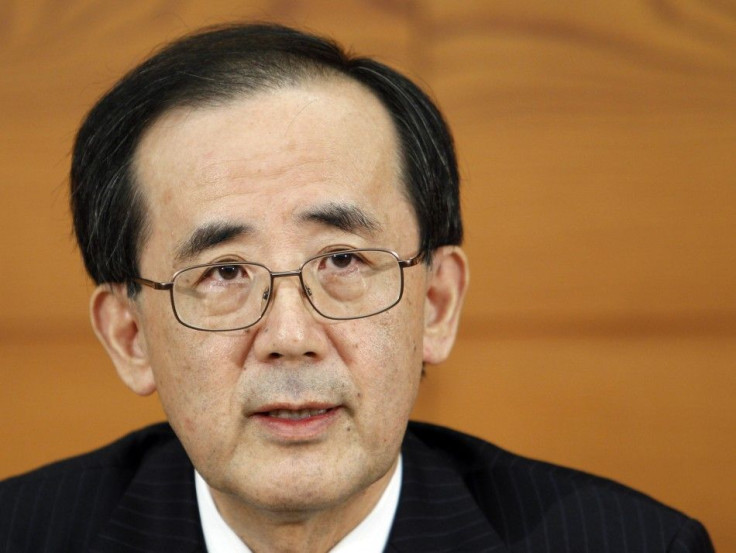BOJ needs to do much more: Nomura

The Bank of Japan (BOJ) should be much more aggressive, said Paul Sheard, global chief economist of Nomura Securities.
In response to Japan’s tragic earthquake, the BOJ expanded its asset purchase program -- the 5 trillion yen part of the 35 trillion yen purchase program was doubled to 10 trillion. However, it still needs to “act much more aggressively with a single-minded focus on reflating the economy,” said Sheard.
Aside from the human toll, Japan’s earthquake destroyed properties, destroyed infrastructure, and halted companies’ operations. The fear is that the economic destruction will lead to deflation, which depresses the economy by discouraging consumption, lending, and investments.
To make sure deflation doesn’t happen, the BOJ needs to conduct more asset purchases, said Sheard.
He remarked that in recent years, the BOJ has been too passive. In response to the global financial crisis, the BOJ increased the size of its balance sheet by only 18 percent compared to 184 percent for the Federal Reserve and 162 percent for the Bank of England.
Sheard said the BOJ’s quantitative easing in the 2000s worked; now, it needs to put an end to the country’s lingering trend of deflation with more aggressive quantitative easing. The tragic earthquake and the resulting economic damages is simply one more reason to do so.
Email Hao Li at hao.li@ibtimes.com
Click here to follow the IBTIMES Global Markets page on Facebook
Click here to read recent articles by Hao Li
© Copyright IBTimes 2025. All rights reserved.




















